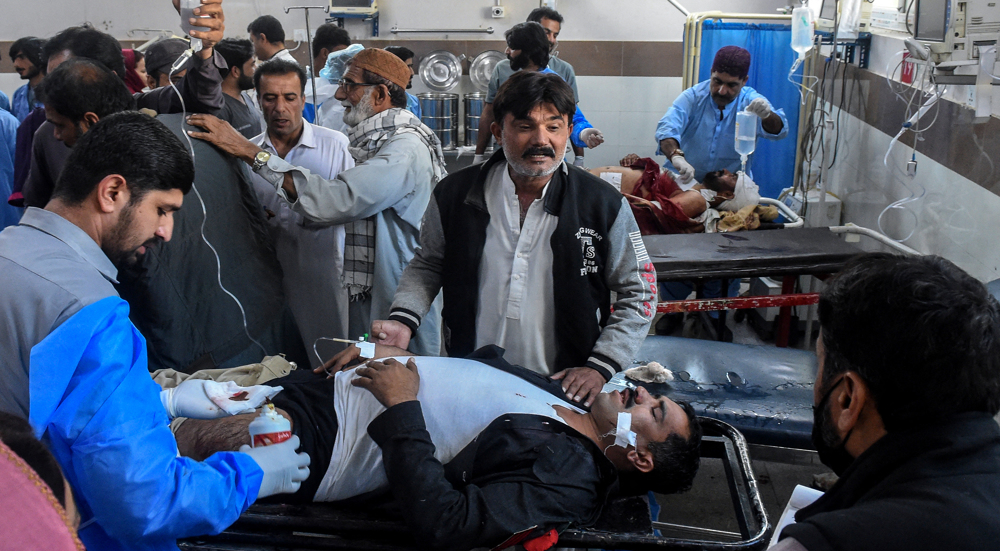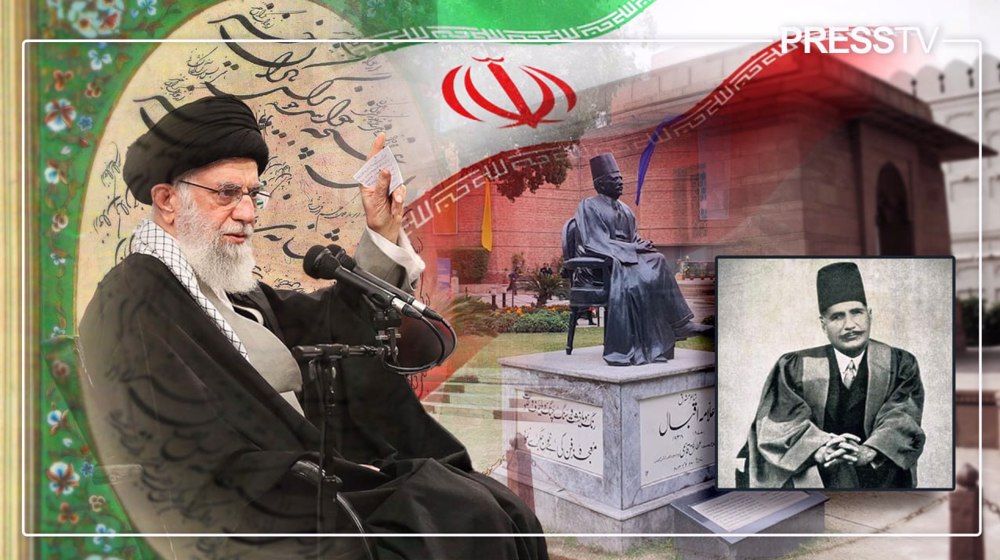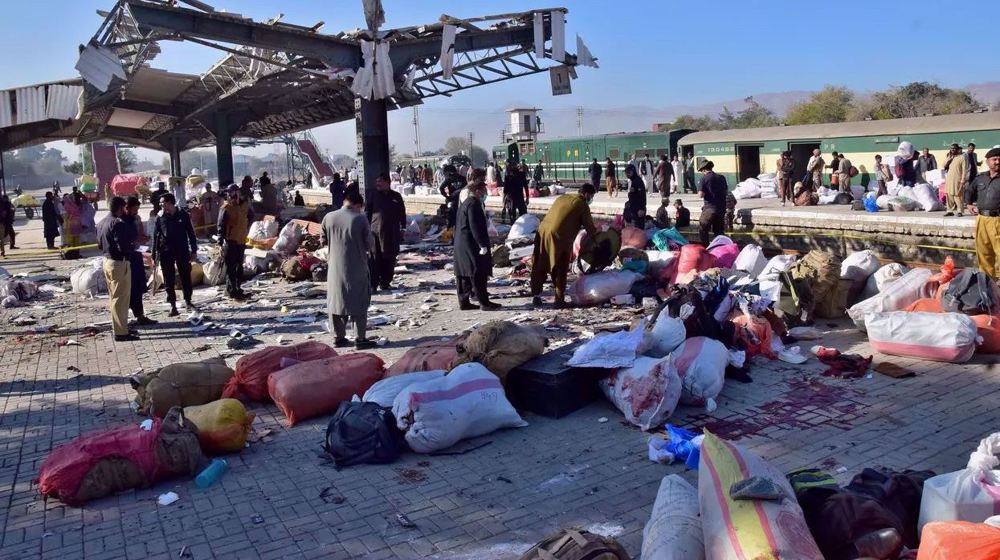OIC expresses concern over human rights violations in Kashmir
The Organization of Islamic Cooperation (OIC), the world’s largest bloc of Muslim countries, has voiced concern about the “grave human rights violations” in Indian-controlled Kashmir following weeks of deadly clashes between Indian police and protesters in the disputed Himalayan region.
Secretary General of the OIC Iyad Ameen Madani said in a news conference in Islamabad on Saturday that the humanitarian situation in Kashmir was continuing to deteriorate. He urged the international community to intervene as the violence escalates further.
“We hope that a referendum is held in Kashmir. We should not be scared of the referendum. It is their decision, whether they want to stay here [with India] or there [with Pakistan],” Madani stated, adding that the world can no longer stay silent on what is going on in Kashmir.
A series of fresh clashes erupted in Kashmir on July 8, when people protested against the killing of Burhan Wani, a popular pro-independence fighter, by Indian forces.
Since then, numerous protests have been held in the Muslim-majority region. Most of the demonstrations have turned violent as Indian police engaged in dispersing demonstrators with bullets, pellets and tear gas and baton.

According to Pakistan’s Advisor to Prime Minister on Foreign Affairs Sartaj Aziz, who was also present in the Saturday press conference, 80 Kashmiris have lost their lives in the clashes over the past 40 days.
“Pakistan is appalled at the extrajudicial killings taking place in Kashmir. Kashmiris deserve their right to self-determination,” Aziz said.
New Delhi has imposed a curfew across large parts of the Muslim-majority territory since July and there are an estimated 500,000 Indian troops currently deployed in the restive region.

Since India and Pakistan won independence from British rule in 1947, the arch-rivals have claimed Kashmir in full but have had only partial control over it. The two countries agreed to a ceasefire in Kashmir on November 26, 2003, and launched a peace process the following year.
Since then, however, there have been sporadic clashes, with the two sides trading accusations of violating the ceasefire along their de facto border dividing the disputed region.
Scholz-Putin phone call opens ‘Pandora’s box’: Zelensky
Trump’s pick for attorney general accused of sex with minor, drug abuse
VIDEO | Press TV's news headlines
Hezbollah drone strike cuts electricity in Nahariya
Two Palestinian inmates die in Israeli custody due to ‘slow death’ policy
VIDEO | Germany's arms trade with Israel fuels election tensions
Nikki Haley faces protests over Israeli genocide support on Oxford visit
Iran decries Israeli aggression on Syria as ‘war crime’











 This makes it easy to access the Press TV website
This makes it easy to access the Press TV website